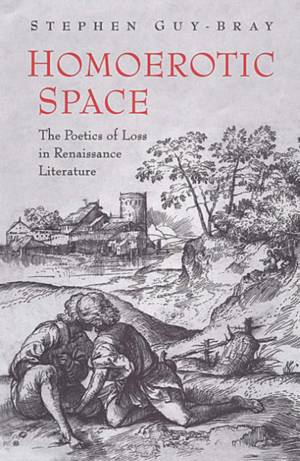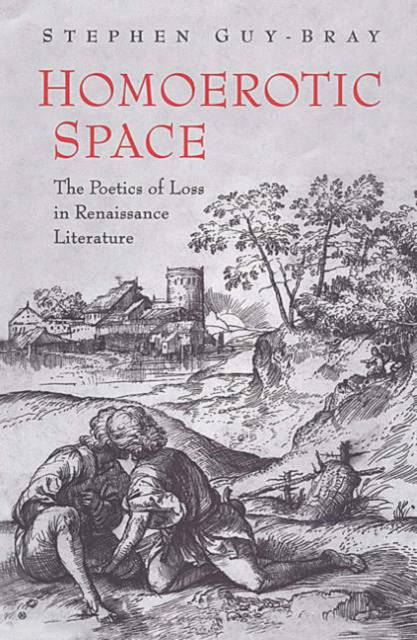
- Afhalen na 1 uur in een winkel met voorraad
- Gratis thuislevering in België vanaf € 30
- Ruim aanbod met 7 miljoen producten
- Afhalen na 1 uur in een winkel met voorraad
- Gratis thuislevering in België vanaf € 30
- Ruim aanbod met 7 miljoen producten
Omschrijving
Sexual politics in the Renaissance dictated a strong opposition to any kind of homoerotic attachments, or discussion thereof, forcing Renaissance poets and playwrights to find other means of representing these connections. In this compelling and intriguing work, Stephen Guy-Bray argues that early modern authors used renditions of Theocritan and Virgilian pastoral, as well as epic poetry, for the exploration and the allusive presentation of homoerotic and homosocial themes.
Drawing on the poetry and plays by such authors as Castiglione, the Earl of Surrey, Milton, Spenser, Barnfield, William Browne, Shakespeare, and Beaumont and Fletcher, Guy-Bray investigates how some authors used these classical models to represent homoeroticism, while others found the inherent homoeroticism of these poems to be problematic. Discussing both content and form of Renaissance and Classical literature, Guy-Bray's work engages in an important and frequently heated debate about the history of homoeroticism as well as questions of literary history and the interpretation of texts.
Specificaties
Betrokkenen
- Auteur(s):
- Uitgeverij:
Inhoud
- Aantal bladzijden:
- 320
- Taal:
- Engels
Eigenschappen
- Productcode (EAN):
- 9780802036773
- Verschijningsdatum:
- 25/05/2002
- Uitvoering:
- Hardcover
- Formaat:
- Genaaid
- Afmetingen:
- 177 mm x 221 mm
- Gewicht:
- 562 g

Alleen bij Standaard Boekhandel
Beoordelingen
We publiceren alleen reviews die voldoen aan de voorwaarden voor reviews. Bekijk onze voorwaarden voor reviews.











